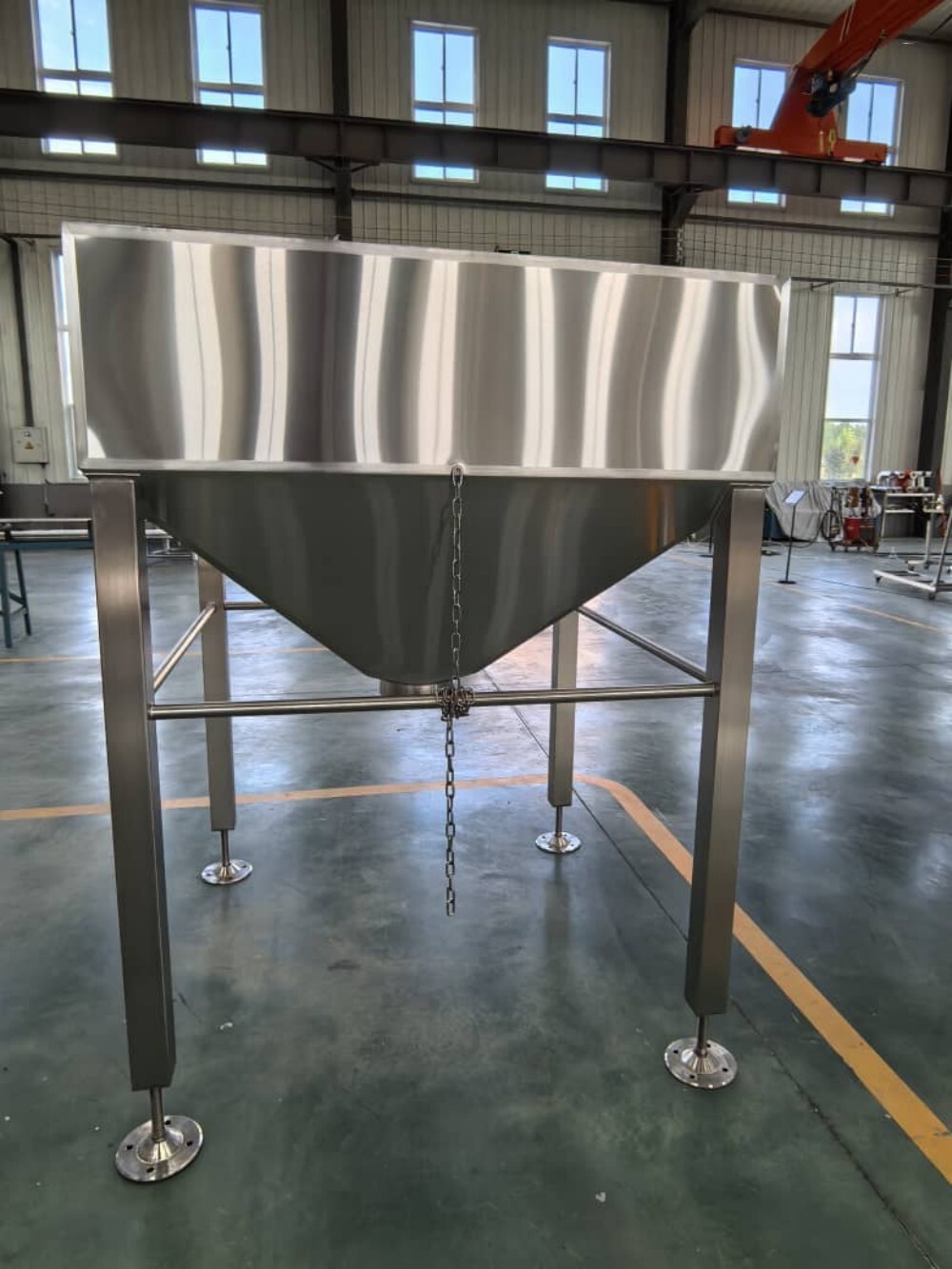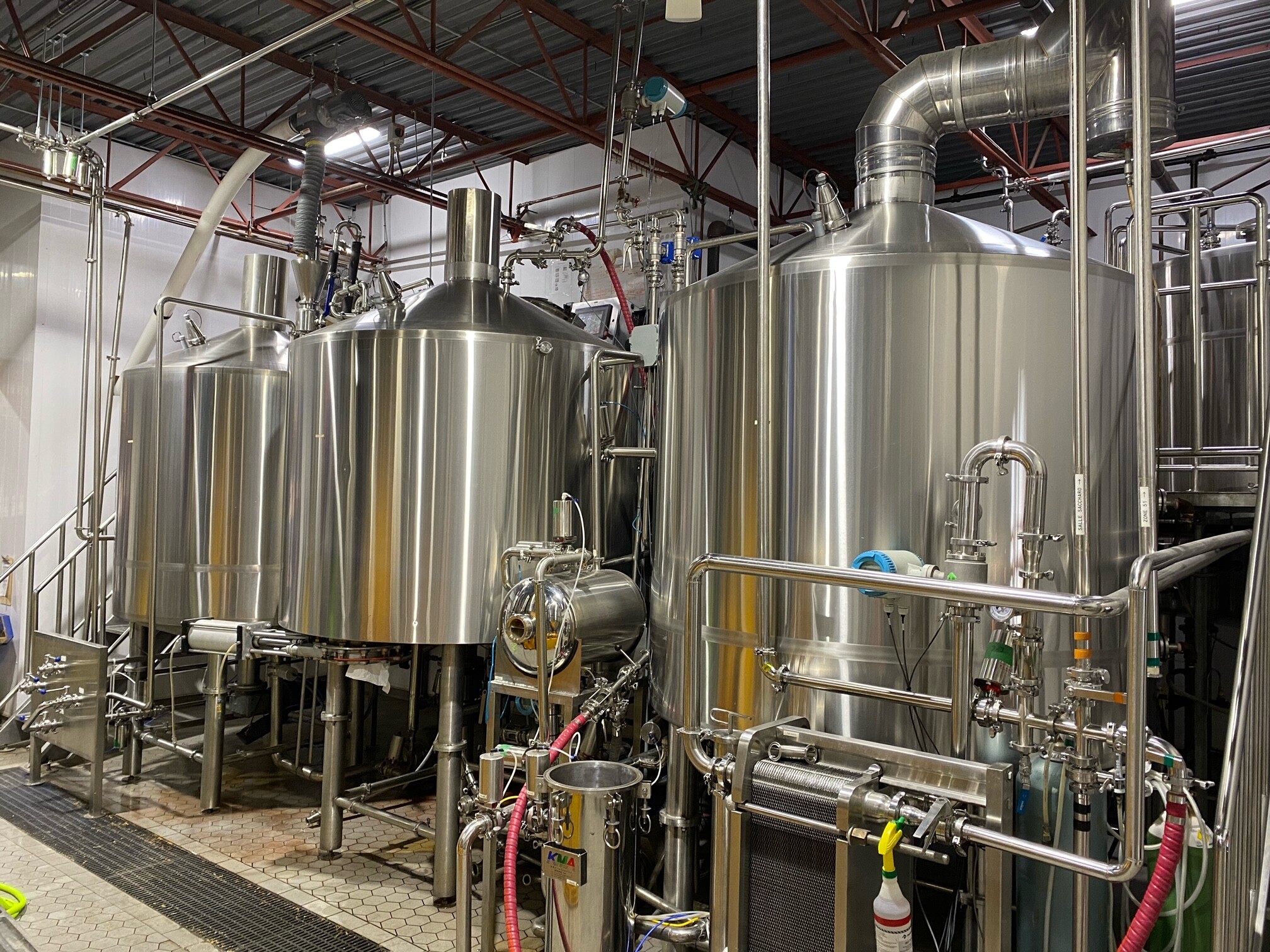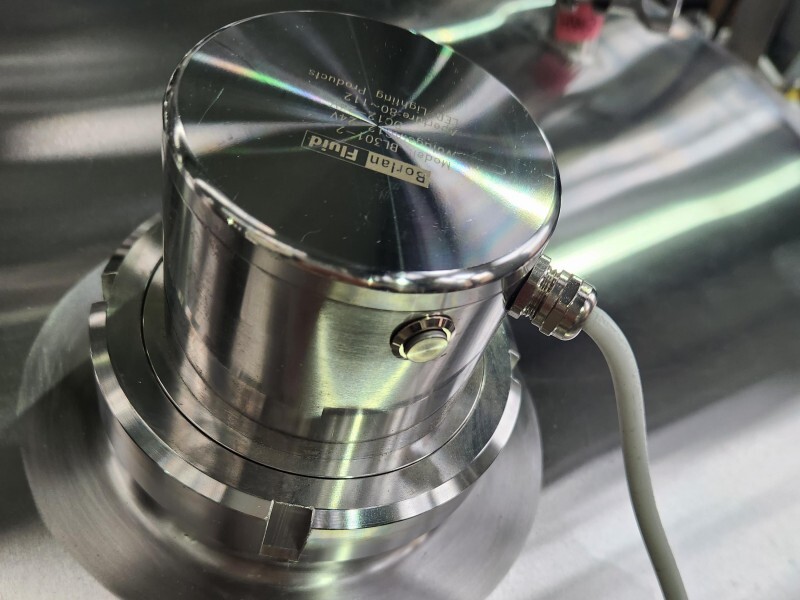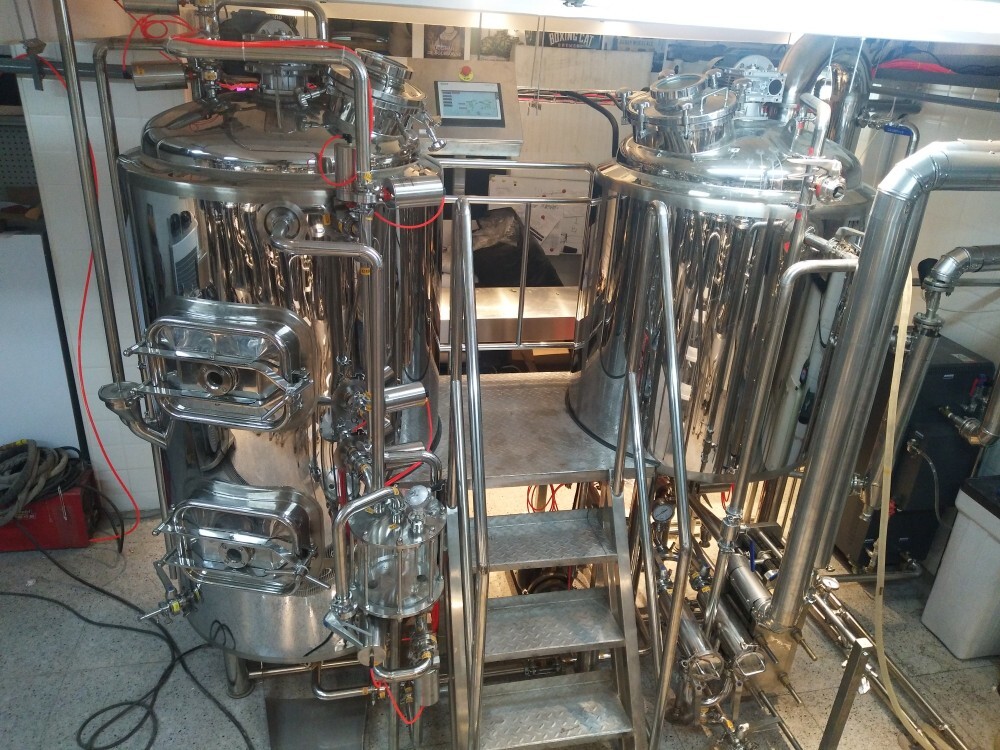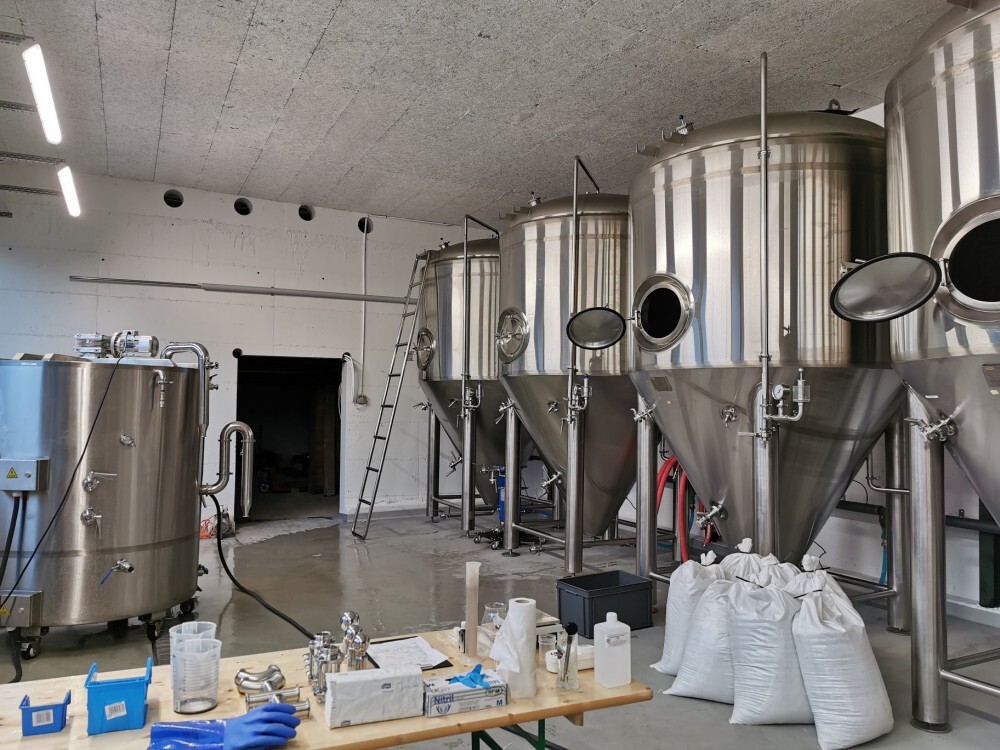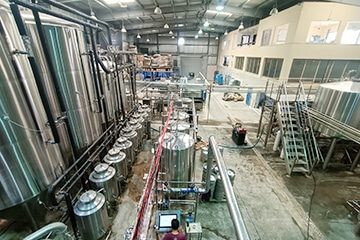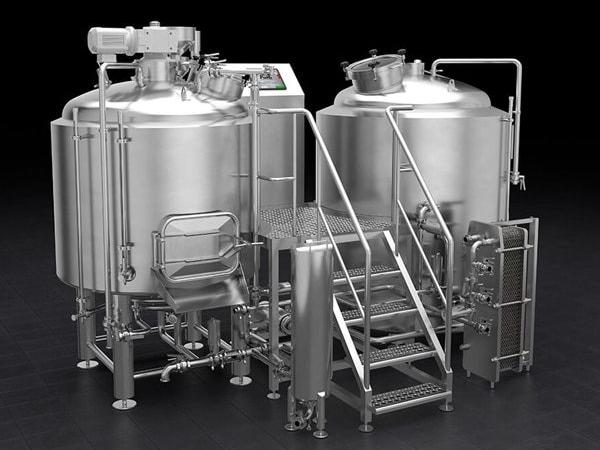Optimizing Your Beer Fermentation Tank for Quality Brew
The Druery Brewery
Bateleur Brewery is delighted with ZYB Craft's complete brewery turnkey solution. ZYB Craft's comprehensive approach and meticulous attention to detail have streamlined our brewery setup. Their support throughout the process was invaluable. We wholeheartedly recommend ZYB Craft to fellow brewers for their exceptional turnkey solutions. Cheers to ZYB Craft for being our brewing partner!
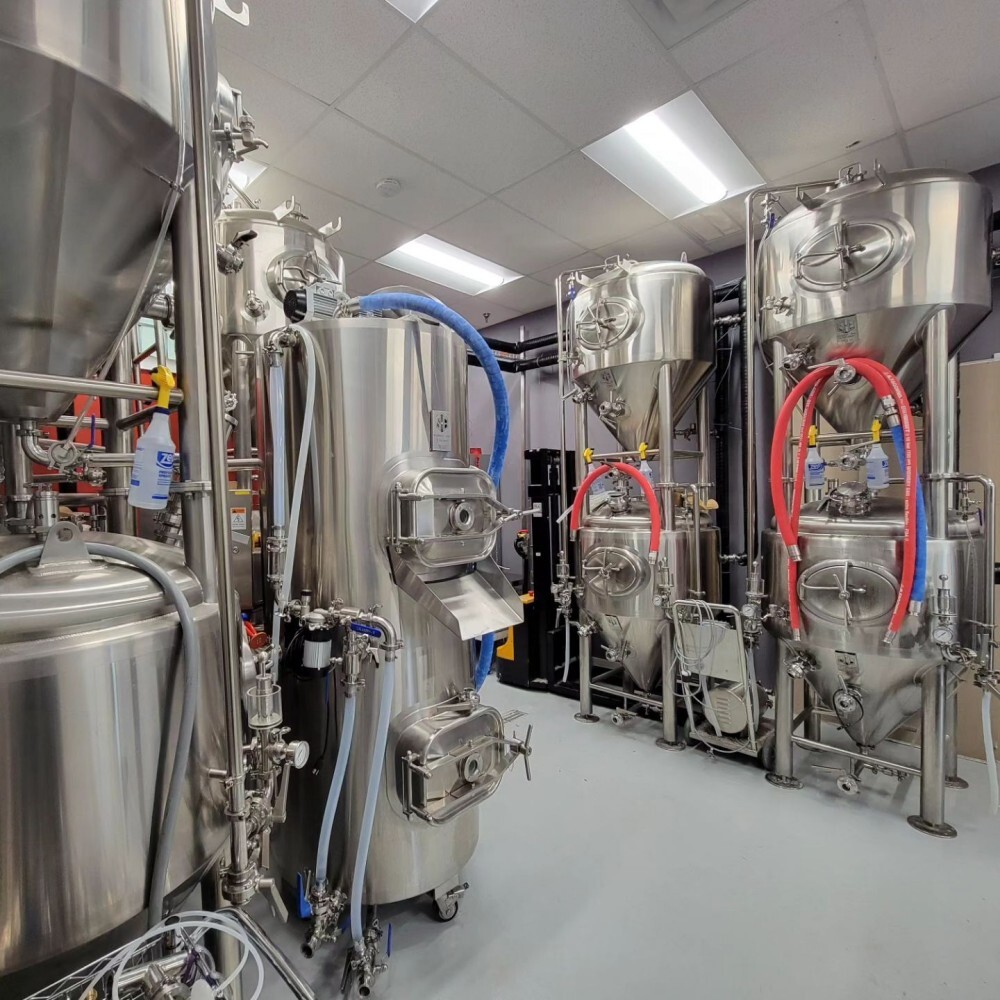
Project Description:
Beer Fermentation Tank: The Heart of Brewing
A beer fermentation tank is an essential component in the brewing process, as it provides the ideal environment for yeast to convert sugars into alcohol. Proper maintenance and cleaning of these tanks are crucial to prevent microbial contamination, which can affect the quality and safety of the brew.
Understanding Beer Fermentation Tanks
Fermentation tanks come in various sizes and materials, with the best budget 100L homebrew fermentation tank being a popular choice among homebrewers. These tanks allow for control over temperature and pressure, enabling a consistent fermentation process.
Key Features of a Good Fermentation Tank
- Material: Stainless steel is preferred for its durability and ease of cleaning.
- Design: Conical bottoms facilitate yeast harvesting and sediment removal.
- Capacity: Choose a size that fits your brewing needs without leaving too much space for oxygen exposure.
Importance of Cleaning and Maintenance
Maintaining a clean fermentation tank is paramount. Microbial contamination can lead to off-flavors and spoilage. Implementing effective cleaning protocols can mitigate these risks and enhance beer quality.
Effective Cleaning Strategies
One of the most efficient methods for cleaning fermentation tanks is the use of CIP (Clean-In-Place) rotary spray balls. These devices allow for thorough cleaning of the interior surfaces without needing to disassemble parts of the tank.
Using CIP Rotary Spray Balls
CIP systems utilize a combination of cleaning agents to achieve optimal sanitation. Acid-base cleaning agents can effectively remove residues and biofilms that may harbor bacteria. Following the correct cleaning cycle is essential to ensuring that the spray balls reach all areas of the tank.
Best Practices for Cleaning Solutions
- Always follow the manufacturer's guidelines for cleaning agents to ensure compatibility.
- Regularly test the cleaning solution's efficacy to ensure it remains effective.
- Rinse thoroughly with warm water after cleaning to remove any chemical residues.
Conclusion
A well-maintained beer fermentation tank is essential for achieving high-quality brews. By utilizing CIP rotary spray balls and appropriate cleaning agents, brewers can significantly reduce the risk of contamination. Investing in the best budget 100L homebrew fermentation tank and maintaining it properly will lead to more successful and enjoyable brewing experiences.
Product Features
Tell us about your brewery equipment requirements!
At ZYB Craft, we’re dedicated to bringing your brewery vision to life. Our expert team of brewers, engineers, and craftspeople is ready to design and manufacture the perfect equipment for your brewing operation. Whether you’re just starting or expanding, we’re here to help. Please leave your specifications, and our team will get in touch to discuss your project in detail. We’ll work closely with you to create equipment that meets your unique needs and budget.
*Rest assured, your information will be kept confidential and used solely for the purpose of assisting you with your brewery equipment needs. We look forward to brewing success together!

